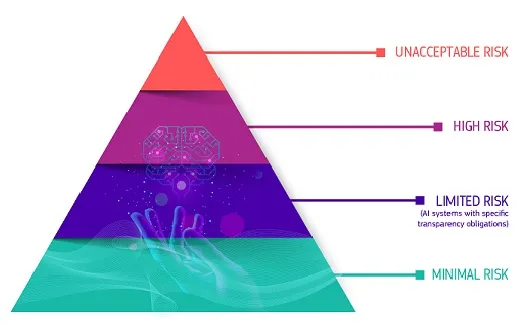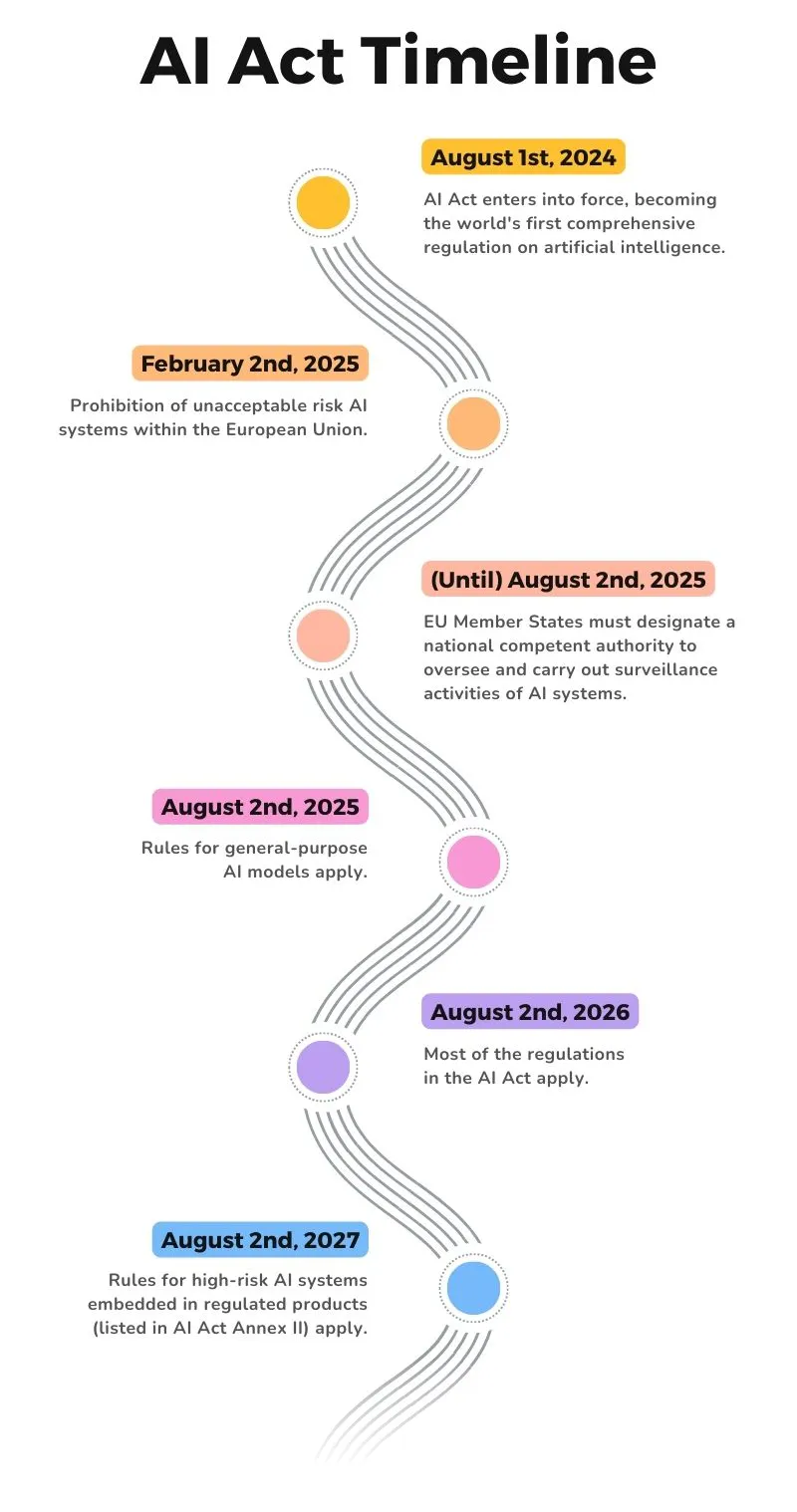The European Union has taken a historic step in the regulation of artificial intelligence (AI) by enabling the Artificial Intelligence Act, the first-ever legal framework dedicated to addressing the multifaceted risks associated with AI technologies. This pioneering legislation not only seeks to mitigate potential dangers but also aims to position Europe at the forefront of global AI governance.
A Comprehensive Legal Framework
The Artificial Intelligence Act represents a comprehensive approach to regulating AI, encompassing a wide range of applications and industries. The legislation is designed to ensure that AI systems deployed within the EU are safe, ethical, and respect fundamental rights. It categorizes AI systems based on their risk levels—ranging from minimal to unacceptable—and tailors regulatory requirements accordingly. 
- Unacceptable Risk: The Act outright bans AI systems that pose a clear threat to safety, livelihoods, and rights. This includes AI applications in areas like social scoring by governments, which could lead to discrimination and unjust treatment.
- High Risk: AI systems deemed high-risk, such as those used in critical infrastructure, employment, and law enforcement, are subject to stringent regulations. These systems must meet strict criteria for transparency, accuracy, and accountability before they can be deployed.
- Limited and Minimal Risk: For AI applications with limited or minimal risk, the Act imposes lighter obligations, primarily focused on transparency. For example, AI systems that interact with humans must disclose that users are engaging with an AI, ensuring informed consent.
Addressing Ethical and Safety Concerns
The EU’s AI Act is rooted in the principles of human dignity, privacy, and non-discrimination. By establishing clear guidelines, the legislation aims to prevent harmful outcomes, such as biased algorithms, loss of privacy, and the erosion of human autonomy. This ethical approach to AI regulation is a reflection of Europe’s broader commitment to protecting individual rights and promoting social welfare in the face of rapid technological advancement.
Challenges and Future Prospects
While the Artificial Intelligence Act is a groundbreaking achievement, its implementation will not be without challenges. Ensuring compliance across diverse sectors, keeping pace with rapidly evolving AI technologies, and balancing innovation with regulation are just a few of the hurdles that lie ahead. However, the EU’s proactive stance demonstrates a strong commitment to addressing these challenges head-on. The success of this legislation could pave the way for future advancements in AI regulation, not just in Europe but around the world. 
The EU’s Artificial Intelligence Act marks a significant milestone in the global regulation of AI. By addressing the risks associated with AI while fostering innovation, the EU is setting the stage for a future where AI technologies can be developed and deployed in a manner that is safe, ethical, and aligned with societal values. This bold move positions Europe as a leader in AI legislation, with the potential to shape the future of AI governance on a global scale.
Happy coding🚀🚀🚀
We are happy to help https://synpass.pro/contactsynpass/ 🤝

